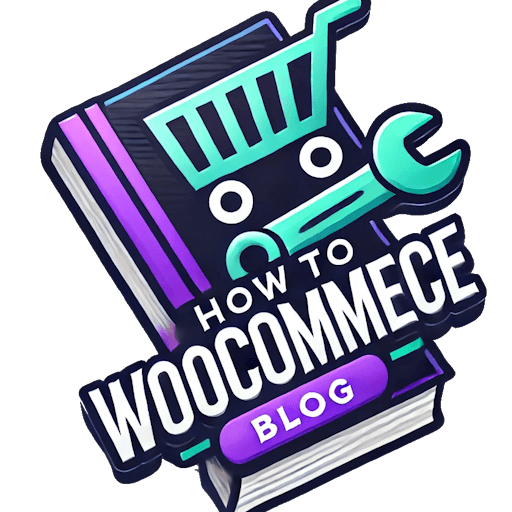How to Edit Your WooCommerce Cart Page with Divi: A Complete Guide
WooCommerce is a powerful e-commerce plugin, but its default cart page might not perfectly match your brand’s aesthetics. Fortunately, Divi, a popular page builder, offers a flexible way to customize your WooCommerce cart page and create a seamless shopping experience. This guide will walk you through the process, from simple tweaks to more advanced customizations.
Understanding the Divi/WooCommerce Integration
Before we dive into editing, it’s important to understand how Divi and WooCommerce interact. Divi doesn’t directly override WooCommerce’s cart page template. Instead, it allows you to build a custom page that displays WooCommerce’s cart content using shortcodes or the Divi Builder’s WooCommerce module. This offers significant control while preserving WooCommerce’s functionality.
Methods for Customizing Your WooCommerce Cart Page with Divi
There are two primary approaches to customizing your WooCommerce cart page with Divi:
1. Using the Divi WooCommerce Module: This is the easiest and most recommended method. Divi’s built-in WooCommerce module provides a straightforward way to display the cart content within your Divi page.
- Create a new page in WordPress and select the Divi Builder.
- Add a section and a row.
- Inside the row, add a WooCommerce module.
- Configure the module’s settings to control which cart elements are displayed (e.g., cart contents, totals, checkout button). You can also customize the layout and styling here.
- Save and publish the page. Set this page as your WooCommerce cart page in your WooCommerce settings.
- Create a new page in WordPress and select the Divi Builder.
- Add a section and a row.
- Add a Code module within the row.
- Paste the following shortcode into the Code module: ``
- Customize the layout and styling around the cart shortcode using other Divi modules.
- Save and publish the page. Set this page as your WooCommerce cart page in your WooCommerce settings.
- Styling with Divi’s Theme Builder: For a more cohesive design, use Divi’s Theme Builder to create global styles for your cart page elements. This ensures consistent styling across your entire website.
- Customizing Checkout Button: Use Divi’s built-in styling options or custom CSS to change the checkout button’s appearance (color, size, font).
- Adding Custom Fields: If you need to add additional information to your cart page, you might need to use custom WooCommerce functions or plugins. This requires some PHP coding knowledge. For example, to display a custom message, you could consider adding a snippet like this (remember to place it in your theme’s `functions.php` file or a custom plugin):
2. Using a Shortcode: This method offers slightly more control, particularly if you need to integrate the cart into a more complex page layout.
Advanced Customizations: Beyond the Basics
While the methods above cover the core functionality, you can take your customizations further:
add_action( 'woocommerce_before_cart_table', 'add_custom_message_to_cart' );
function add_custom_message_to_cart() {
echo 'Thank you for choosing our products!
';
}
- Customizing Error Messages: You can customize the appearance and messaging of WooCommerce cart errors using CSS or PHP.
Conclusion
Editing your WooCommerce cart page with Divi empowers you to create a branded and user-friendly checkout experience. Whether you opt for the simple WooCommerce module or utilize shortcodes for more complex layouts, the flexibility of Divi allows you to tailor your cart page to precisely match your website’s design and brand. Remember to thoroughly test your changes after implementation to ensure everything functions correctly. By combining Divi’s visual interface with WooCommerce’s functionality, you can significantly enhance your customers’ online shopping journey.

